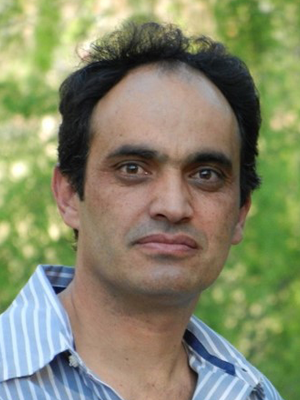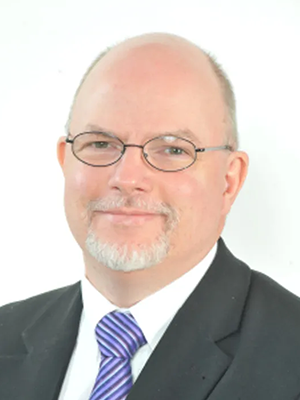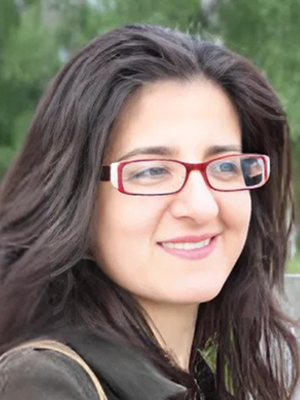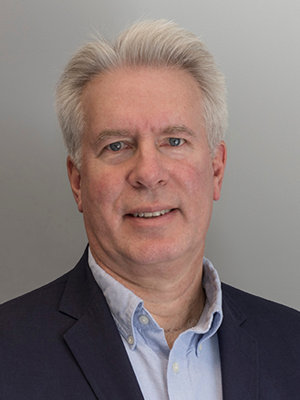8th International Self-Directed Learning Conference Call
The Research Unit Self-Directed Learning of the North-West University is pleased to announce the 8th International Self-Directed Learning (SDL) Conference.
Date: 5 - 7 November 2025
Venue: Pecan Manor Boutique Conference & Function Venue, Hartbeespoort, South Africa.
Keynotes and workshops
Theme
Reflecting on 50 years of self-directed learning research and its future relevance
In 1975 Malcolm Knowles published the book “Self-directed learning: A guide for learners and teachers”. Knowles referred to Alvin Toffler, an American futurist, who defined the term “future shock” – “too much change in too short period of time”. To prepare for the “future shock”, Knowles called for a renewed emphasis on learning and defined the process of self-directed learning (SDL). Now, 50 years later, we invite educators and researchers to reflect on the legacy of SDL and its future relevance.
The 8th International Self-Directed Learning Conference provides a platform to present innovative research on SDL and generate ideas for future research. The conference serves as an ideal opportunity to collaborate with fellow researchers and educators on promoting SDL in education and in all walks of life, on developing theories and models for SDL, and keeping learning relevant in a “future shock” world infused by generative AI. Join us for an enriching gathering of researchers, educators, and enthusiasts dedicated to promoting SDL to shape the future of learning.
Conference theme and subthemes
Reflecting on 50 years of self-directed learning research and its future relevance
- Scholarship and praxis for SDL
- Multimodal learning and open educational resources to enhance SDL
- Indigenous knowledge and contextualised learning to enhance SDL
- Play-based self-directed learning
- Assessment to support SDL
- Blended learning to support SDL
- Cognition and metacognition to enhance SDL
- Cooperative and problem-based learning to enhance SDL
Why submit?
- Showcase your expertise and contribute to the scholarly advancement of SDL.
- Gain valuable feedback and insights to enhance your work.
- Engage with a global community of educators and researchers who are passionate about promoting SDL in the beautiful surroundings of the conference venue in the heart of South Africa.
Submission guidelines
- Download the submission template.
- Abstract should be between 500 and 800 words (excluding references)
- Clearly outline the purpose, methodology and results (if available yet) and implications of the research.
- Include a reference list.
- Submissions from diverse educational contexts are welcomed.
Submission deadline: 31 May 2025
Notification of acceptance: 09 June 2025
Registration: From 18 June until 18 September 2025
Conference enquiries: Sukie van Zyl (LOC chair) sukie.vanzyl@nwu.ac.za
Administrative and technical assistance: Francois Papers francois.papers@nwu.ac.za






